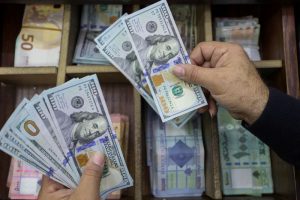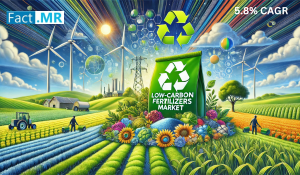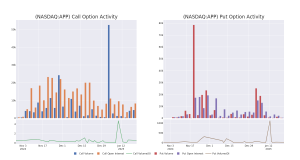
Psychedelics have shown promise in treating various mental health issues, including PTSD and depression, but they’ve often faced notable challenges. Side effects like nausea, cardiovascular risks, and the potential for “bad trips” have raised concerns among both clinicians and patients. As Time reported, companies like Mindstate Design Labs and Atai Life Sciences ATAI are developing new forms of psychedelics, sometimes called Psychedelics 2.0, designed to offer therapeutic benefits with fewer risks.
Challenges And Limitations Of Traditional Psychedelics
Traditional psychedelics like psilocybin, MDMA and LSD work by promoting neuroplasticity, which helps the brain form new connections and process trauma. However, these substances can be time-intensive, sometimes requiring patients to endure hours-long sessions under medical supervision. This protocol not only strains mental health resources but can also be daunting for patients.
Dillan DiNardo, CEO of Mindstate Design Labs, describes classic psychedelics as “effective, but they’re scary and unpredictable.” His company aims to refine psychedelics to retain their mental health benefits while minimizing adverse effects. These novel drugs may also ease the burden on the mental health system, as the reduced risk could potentially allow for fewer monitoring requirements.
The FDA recently withheld approval of MDMA for PTSD treatment, citing concerns over potential heart risks and the need for constant monitoring. Dr. Srinivas Rao, co-CEO of Atai Life Sciences, explains that these challenges have encouraged companies to find safer alternatives. One such development is R-MDMA, which offers a more introspective experience with fewer side effects.
Rethinking Psychedelic Therapy
Companies like Enveric Biosciences ENVB are taking a different approach by attempting to strip psychedelics of their hallucinogenic effects altogether. Enveric’s CEO Joseph Tucker suggests that a non-hallucinogenic version of psychedelics, if effective, could function much like an antidepressant, providing relief without the need for extensive in-clinic sessions.
This approach has its critics, however, with some researchers arguing that the psychedelic experience itself is essential to therapeutic progress. Studies suggest that feelings of connectedness, common in psychedelic experiences, are linked to improved mental health outcomes.
Selective Psychedelics: Targeted Effects For Improved Safety
Mindstate Design Labs is exploring ways to create psychedelics with more targeted effects on the brain. DiNardo likens psychedelics to “promiscuous molecules” that influence various neural pathways. By honing in on specific effects, Mindstate seeks to reduce the chaotic nature of traditional psychedelics and make the treatment experience more predictable.
The Future Of Psychedelic Therapy
While these developments offer promising solutions, the path to FDA approval and widespread acceptance remains complex. Whether future psychedelics can provide mental health benefits without the downsides of traditional compounds will depend on ongoing research and clinical trials. As DiNardo notes, “psychedelics do not work for everyone in a positive way.” But with advances in Psychedelics 2.0, companies seem to be optimistic about creating more patient-friendly therapies for mental health challenges.
Cover image made with AI
Market News and Data brought to you by Benzinga APIs
© 2024 Benzinga.com. Benzinga does not provide investment advice. All rights reserved.



